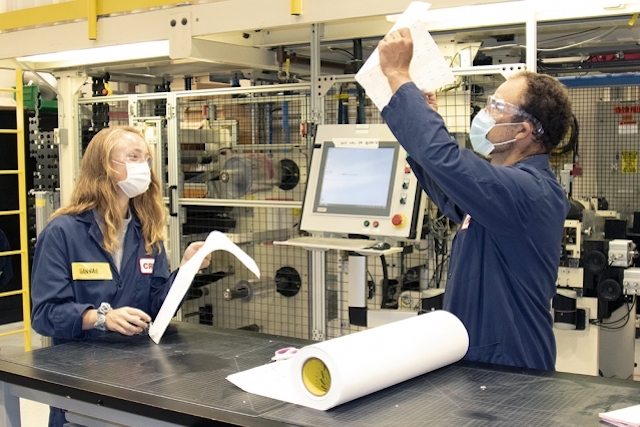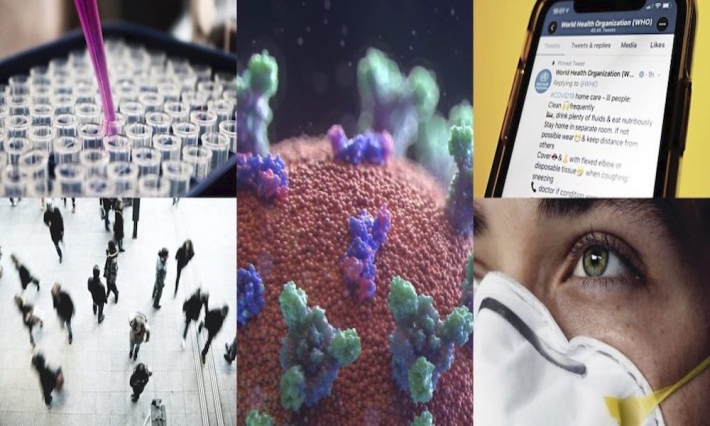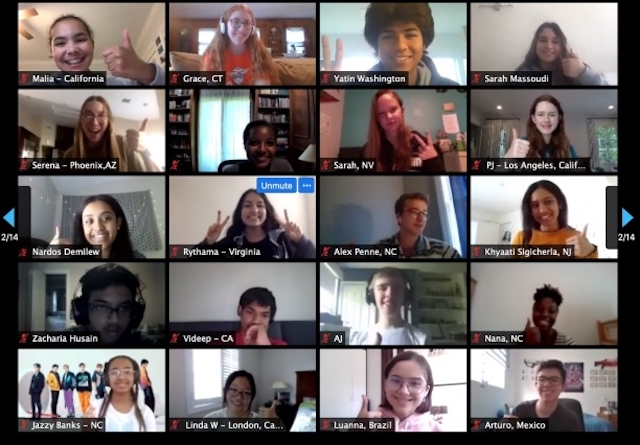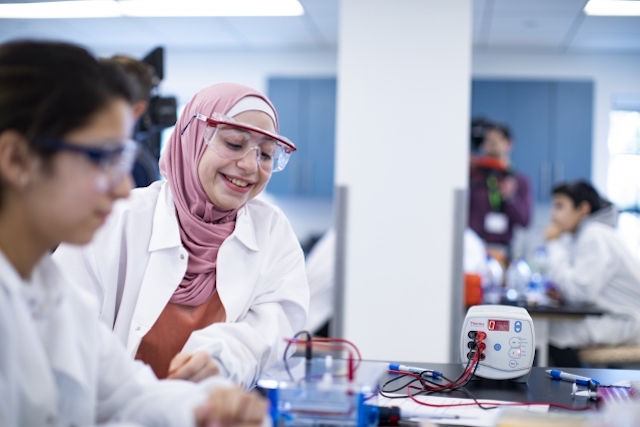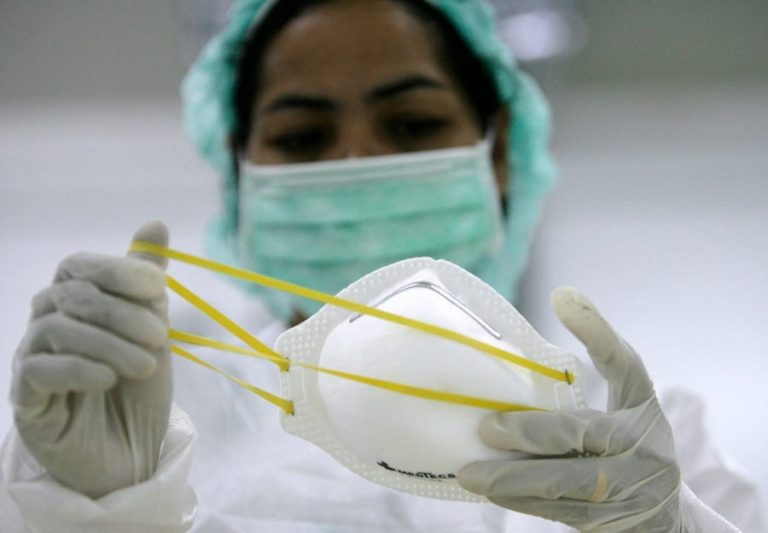Dear members of the MIT community and friends,
As we enter the last few weeks of summer and the fall term draws near, we’re sadly unable to embrace the same familiarity and excitement that a new academic year typically presents. The complexity and gravity of the challenges before us — in particular the disruption caused by the pandemic, the polarizing impact of systemic racism, and the daunting urgency of climate change — are formidable. But as MIT engineers, we are rising to the occasion. We are energized by hard problems, galvanized to develop impactful solutions, and united by a shared sense of purpose.
Across MIT and the School of Engineering we’ve joined hands to address systemic racism and commit to take action and create lasting change; to advance technologies to rapidly impact the escalating climate crisis; and to respond to the pandemic by expediting research and developing educational solutions. This is decidedly a moment for us to come together and to change things for the better. And it is in this spirit that I want to share with you some of the School of Engineering stories of the summer. Because it is through these stories that we can find that comfort and familiarity and be reminded of the students, faculty, and staff that continue to join together — though miles apart — to design, develop, and build possibilities that just months ago may have seemed unimaginable.
In this summer issue of The Infinite, you’ll learn about a new industry collaboration to develop a rapid Covid-19 test, and discover the research selected to mitigate the impact of Covid-19 in the areas of medicine, urban planning, and public policy. You’ll get a glimpse into several summer programs, including a quantum computing virtual summer camp that welcomed 300 high school students from 18 different countries and 30 states — and the new online learning lab for underrepresented high school students in science, technology, engineering, and math (STEM). You’ll meet Eric Hinterman, a graduate student working on MOXIE, one of seven experiments currently aboard the mission to Mars that aims to generate oxygen from Martian air. And in the media, you’ll read about the work of the Collins Lab in developing a face mask that illuminates when it detects the coronavirus.
Our approach to research and education has and will continue to evolve, but our determination to make an impact is stronger than ever before. I look forward to sharing with you the stories of our remarkable community, and bringing to you some familiarity and inspiration through the eyes of our students and researchers.
Sincerely,



